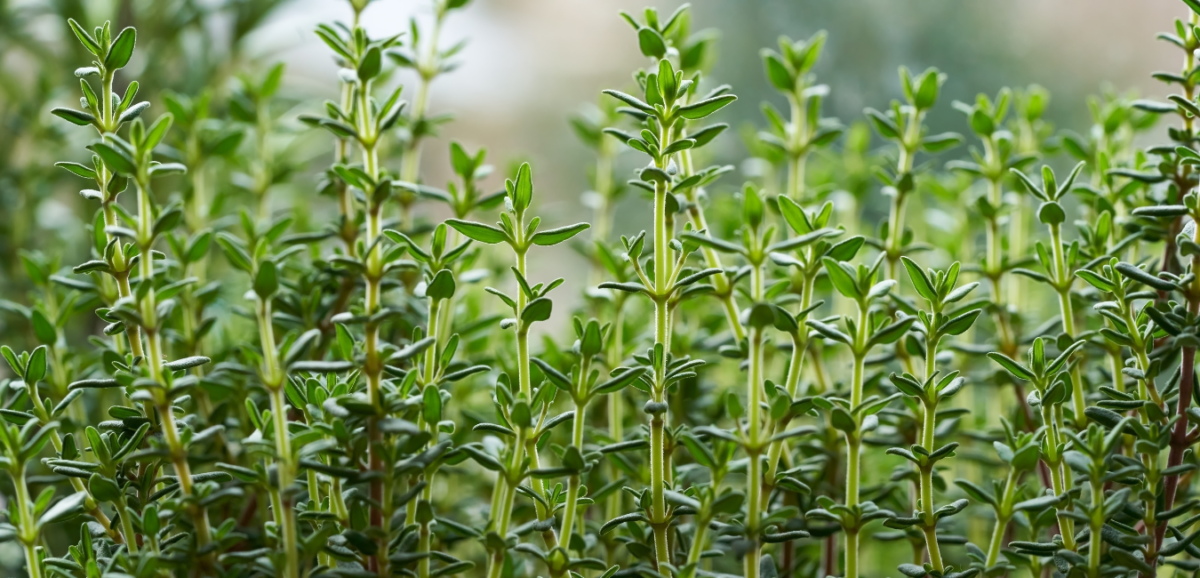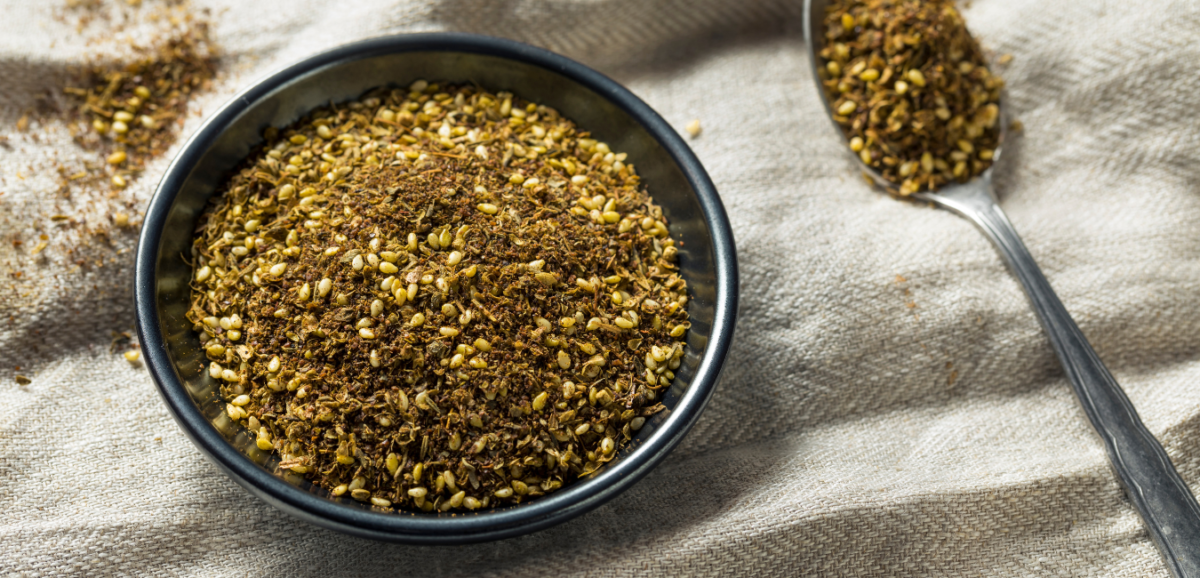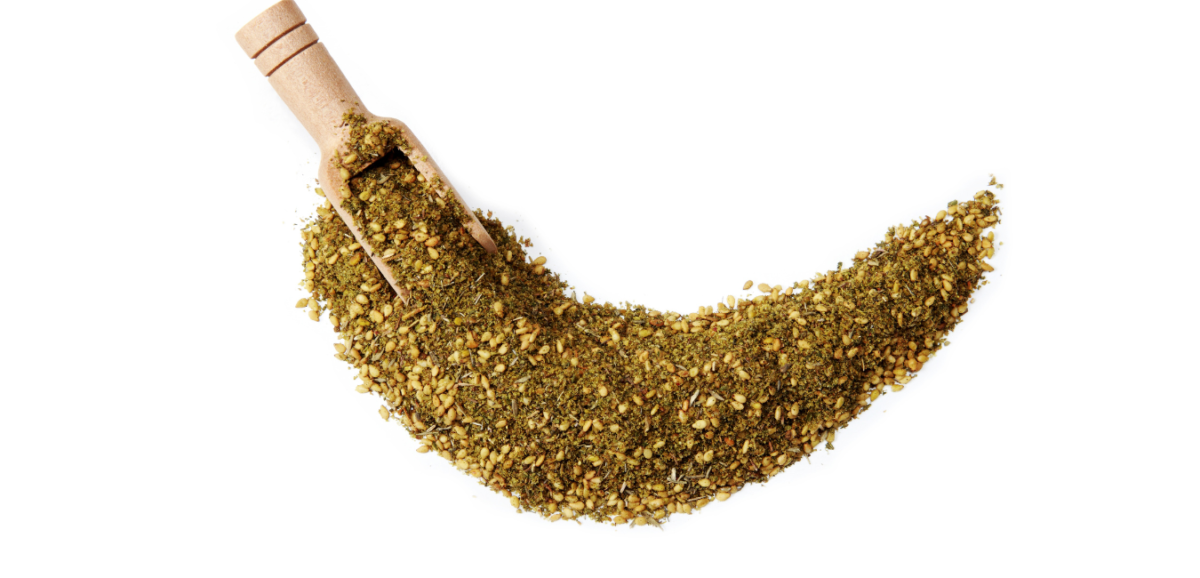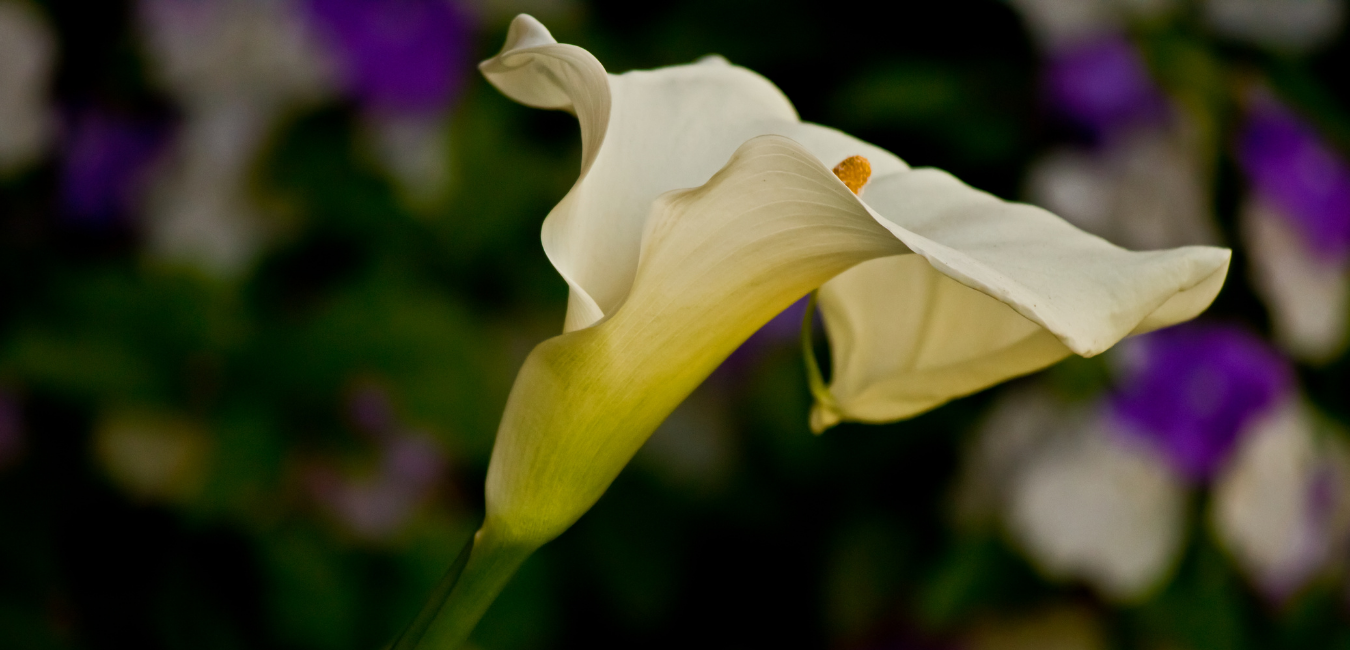Za’atar (Thyme)
Za’atar, officially known as thymus vulgaris, is a wild plant which grows in the mountains and is usually found in the cracks of stone slabs. It is grown all around Palestine, and is often referred to as “green gold” because of how much it is loved and used.
The prickly plant is also renowned for its ability to thrive anywhere, something many Palestinians say they can relate to, after being forced into exile around the world.
Today, the cactus is depicted in Palestinian art, poetry and literature, for its qualities to which Palestinians are compared.

Historically, thyme has been highly political because of where it grows on occupied land, with Palestinians stating that Israeli authorities block access to their crops and their land. For Palestinians, this remains a huge problem as it impacts their livelihood and the long-held tradition of picking wild thyme, as well as their relationship with their land which they have come to know so closely over generations.
This wild herb also holds historical significance for Palestinians and is a common staple in every household. Every morning for breakfast, Palestinians will traditionally eat za’atar with fresh bread soaked in olive oil.
The herb can also be used as a spread for pastries and as a seasoning for meat, vegetables and salads.
For generations, Palestinians have used thyme as a remedy for colds and flu, with many often speaking highly of its benefits, including its ability to fight illnesses. The plant is a desirable crop for farmers because of its resistance to disease and insects and because it requires less labour and fertiliser compared to other crops.
For Palestinian refugees, the plant has come to represent the land they hail from, and has also become a symbol of hope of returning to their homes.
In Palestine, a popular slogan is “we will stay on our land as long as there is thyme and olives”, referencing how connected they are to their land and the plants that grow there.
Many Palestinians liken themselves to the za’atar plant because of its defiant nature, and the fact that it can survive in a range of different climates.
Za’atar has some truly impressive health benefits, including its ability to improve the immune system, boost skin health, build strong bones, increase circulation, clear out the respiratory tracts, soothe inflammation, boost energy, improve mood, aid memory, and treat chronic diseases.
Health Benefits of Za’atar
While many spices are delicious and beneficial for your overall health by themselves, powerful flavor and health conditions can sometimes be maximized when combined. Za’atar is one of the best examples, and this Middle Eastern mix consists of thyme, sesame seeds, sumac, and salt. There are a number of different varieties, occasionally including marjoram or oregano, rather than thyme. These herbs and spices contain a wealth of powerful nutrients and organic compounds, including thymol, gallic acid, carvacrol, and quercetin. By taking in the best of numerous healthy herbs, this spice mix has been popularized throughout the Middle East and is beginning to spread to other parts of the world.


While zaatar is another name for thyme in some cultures, the spice blend with a slightly different name is used in a number of other ways. It is a popular addition to salads, as well as seasonings for meat and vegetables. The flavor, depending on the particular combination, is often described as toasty, tangy, or nutty. You particularly see it with olive oil and bread, and in dips for vegetables. By combining flavonoids, minerals, and other key nutrients, this spicy seed mixture can do wonders for your overall health. Let’s take a closer look at some of the many health benefits of za’atar.
- Treating Chronic Diseases: Sumac is one of the best herbs for your health, and with its healthy supply of quercetin, it is able to neutralize free radicals and prevent cancer proliferation. Numerous studies have shown this benefit of sumac’s organic components, and as a key ingredient in za’atar, this spice mix can significantly boost your protection and cancer and other chronic diseases caused by free radicals.
- Clear Respiratory Tracts: There are certain expectorant properties of thyme, particularly when it is brewed in a tea. Thyme can help to clear out the respiratory tracts, causing you to expectorate (cough) out phlegm and mucus, so this potent spice mix can be added to food when you’re feeling a cold coming on. The immune-boosting abilities of the herbs involved also help to ward off illnesses.
- Boost Cognition: There are strong traditional beliefs about the cognitive impact of za’atar, including its possibility of improving memory. People used to sleep with za’atar beneath their pillow, but in reality, it could be due to the circulation-boosting powers of za’atar, as well as the rich mineral content that can boost brain power and stimulate neural activity.
- Soothe Inflammation: You can make za’atar into a paste or a salve, much as you would to spread on bread, but instead put it on inflamed areas of the skin, such as bug bites and aching joints. When the spice is consumed, it can have a similar anti-inflammatory effect on other parts of the body, particularly if you suffer from arthritis, gout, or other inflammatory conditions in the stomach or respiratory system.
- Increase Energy: The high concentration of polyphenols and flavonoids found in this spice mix make it a powerful energy booster that can get your metabolism moving. Furthermore, it can help you get more restful sleep, due to the magnesium found in the mix, helping you feel more energized and ready to face your day each morning.
- Improve Mood: Studies and traditional evidence have linked za’atar with improved mood and decreased rates of depression. This use has been popular for generations in the Middle East. The phenol that comes from thyme and oregano may have direct mood-boosting effects by impacting the hormones being released and regulated throughout the body. Carvacrol has been directly linked to increased energy and cognitive function as well.
- Strengthen Bones: One thing that these herbs all have in common is minerals, and between the high concentration of iron, calcium, copper, and magnesium, za’atar can have a major impact on bone mineral density. Adding this spice mix to your regular diet can help you ward off osteoporosis and other degenerative bone conditions as you age.
- Circulatory Effects: As mentioned earlier, za’atar can help improve circulation of oxygenated blood throughout the body thanks to its impressive iron content. Iron is a key component of hemoglobin, which transports red blood cells throughout the body, ensuring that all organ systems get the oxygen they need.
- Immune System Aid: Certain organic compounds found within za’atar spice mix have anti-fungal, amti-microbial, and antiseptic properties, making this an all-around powerhouse for your immune system. This includes internal and external applications, keeping your gut, skin, respiratory, and nervous systems functioning at a high, healthy level.
- Heal the Skin: The anti-inflammatory properties of this spice mix can be very useful for improving the appearance of the skin, speeding wound healing, and even reducing the appearance of age spots and blemishes, thanks to the rich mixture of antioxidants found in za’atar. If you have any concerns about the health of your skin, be sure to get this Middle Eastern specialty into your diet!




